Let's start with Woody Allen and 1979's Manhattan. The film is constantly being reassessed. Most recently, in light of Allen's ongoing scandal/fight/accusations/legal battle/HBO documentary with his ex-partner Mia Farrow and their daughter. That situation is famous and I'm not going to get into its details. I want to look at his films in the 20/20-2021 context of what they meant to me, still mean to me and how they've changed in light of the details about Allen. Manhattan, it is being said, (with it's casual relationship at the center between a seventeen-year-old high school girl named Tracy and a forty-two year old comedy writer named Ike Davis), was hailed as a masterpiece upon its release. Its highly questionable central relationship was blithely looked at with a wink from a blind eye. Nobody questioned this rather queasy May/August romance because it was Woody Allen and it was New York City in the late 70's and everybody was sophisticated and that was nothing compared to the sort of things that went on in the balcony of Studio 54. It was common then and still is now for an older leading man to have a much younger leading lady (in this case much, much, much younger). Woody Allen having an onscreen romance with an underaged ingenue 26 years his junior (she was 16 at time of filming) was completely acceptable. But was it? Not everyone was giving it a pass. In fact, Saturday Night LIve skewered the movie when Rodney Dangerfield hosted the night of March 8, 1980. In a sketch entitled, Manhasset, Dangerfield takes on the Allen role and the role of the high school girl (Mariel Hemingway) was essayed by Laraine Newman. In Manhasset, Tracy is now a ten-year-old Girl Scout. So, clearly, not everyone was buying the "normalcy" of the film's primary coupling. Which is interesting that this bunch of young NYC sophisticates, who you would think would've cared less, were the first to criticize the movie. Although you might question the taste of making the scenario even more of a child molestation joke. The audience clearly did. There was nearly dead silence as the sketch unfolded punctuated by the occasional nervous laugh. But the point was made. Yes, it was the late 70's; and in a way pedophilia (mostly that which focused on girls) was being normalized. And you can't blame it solely on Allen. Look at this ad from 1975:
Well, she was a young actress who seems to have wandered into the business via her sister, Margaux.
Margaux was one of the first "super-models" who made the move into movies with the notorious Lipstick from 1976. Lipstick is the tale of a high fashion model (natch) who is raped by her younger sister's music teacher and then dragged through a blame the victim-victim shaming trial. The younger sister is portrayed by Mariel who stole the entire proceedings without trying or apparently wanting to. The villain in the film (Chris Sarandon) then turns his predatory attentions on fourteen year-old Mariel. She too is raped. This is supposed to be entertainment. The movie is a total piece of trash, save Mariel's performance. I guess the only thing you can say in its defense is that it was one of the first films to deal with the unjust treatment of women who pursued rape charges in court.
I remember when Studio 54 first opened and all the breathless hype around it. I was eleven. I, like everyone else on the planet, wanted to get in. Of course, this was an absurd possibility for a suburban Boston school-boy. Still, it was a real dream. A very vivid and on-going fantasy. But there were people around my age who were getting in. Here's two of them:
I was so enamored of Mariel that I began calling one of my female cousins (who bore a passing resemblance to her), "Hemmy." My cousin and I, who were separated by a large swath of Massachusetts, were deeply involved in a pen-pal scenario. I would address her by this moniker in all my letters until one day she wrote back and asked me to stop calling her that. She was flattered, she said; but she was also her own person. I don't know if she had seen Manhattan; but perhaps that had something to do with it. I never saw the movie when it first came out. It was rated R and back then, it really was hard for a kid to get in to see a film with that rating. I didn't see it until it was shown on cable TV. I still don't think I've ever seen it on a big screen.
But back to Mariel. Not only did she personify this fantasy figure of the emancipated teen about town (that town being the Big Apple, no less) she brought to it a believability that made Allen's fantasy all the more alluring; at least to me. Mariel's character is so sweet and assured and seemingly emotionally mature that you stop questioning the questionability of her relationship to Ike about ten minutes into the movie. But, Allen also subtly (or not so subtly) sets it up that way. The other adults have absolutely no problem with their middle-aged friend dating a school girl. "Oh, I don't think seventeen is too young," says Anne Byrne who was obviously hired for her gravitas and maternal vibe. She exudes equanimity and common sense: she's the character who, by not questioning Ike, allows the audience to not question Ike either. And Allen positions himself in the script as the standard bearer for morality and ethical choices. That, it seems in retrospect, is the biggest sin of the movie. "You think you're God!" Ike's friend Yale (Michael Murphy) declares and he responds: "I gotta model myself after someone." This whole holier than thou speech could not sound more hollow than it does now.
So, should I burn my DVD of Manhattan? I can't. The film is a time capsule for me. I think it is the best marriage of image and music ever. I think it's the best black and white film ever made (photographically speaking). It shimmers as though you could step into it. Its cast of characters (even Ike Davis) are like old friends. I can and have watched the film countless times. I will often put it on and just let it play in the background. It's like having friends come over and hang out. And I feel very protective of Tracy. But I do find myself cringing at certain points. Particularly the kiss in the horse-drawn carriage. It's the one moment where Mariel is clearly acting. Why couldn't Allen have simply made Tracy eighteen? It would've still been weird but it would've at least expunged the whole under-aged, illegal issue that the movie seems to be almost proud of. Her age is not a salient plot-point other than that Allen seems to be bragging. At the beginning, when we first meet Tracy, Ike explains his relationship with her to his friends. Somehow, he turns the age difference around so that it's Tracy's fault that he's dating her. That's pretty sick. "You could do worse," Murphy says. Again, the subtle implication is that Tracy is the one who's at fault. That Ike is doing Tracy a favor by dating her. And how did he even meet Tracy? And where are Tracy's parents in all of this? None of that is addressed. It is completely left out of the movie because it raises too many questions about the nature of the relationship and its likely fallout. That too is super creepy. Here's another creepy thing I noticed recently. When Ike is lurking outside Tracy's high school, waiting for her, it's the Dalton School. Jeffrey Epstein was a teacher there at the time. Coincidence? We can only hope
Around this time, Saturday Night Live was doing sketches that featured Buck Henry as "Uncle Roy." The Uncle Roy sketches featured Henry babysitting two young girls (played by Laraine Newman and Gilda Radner) whose parents are completely unaware that Uncle Roy is a total pervert. As soon as the parents leave, Uncle Roy starts playing games that involve glass coffee tables, dirty panties and Polaroid pictures. This too is played for laughs; and in this case it is funny. Disturbingly funny; but funny. I think they did at least three Uncle Roy sketches. Interestingly, the Uncle Roy sketches were written by women. Perhaps as a reaction to all the tacit Lolitaism that was going on in the culture at the time. But I suppose those sketches are mild by today's standards. Check out any South Park episode that deals with the subject (the show seems obsessed with it) and Uncle Roy emerges as Uncle Bill from Family Affair by comparison. But we can't even let Saturday Night Live off the hook in denouncing this disturbing trend. On April 12th of 1980, Burt Reynolds was the host. The first sketch was about a sixteen year-old girl named Lee-Ann and her family, anxiously awaiting the arrival of Burt (playing himself) at their home. Lee-Ann had written a fan letter and Burt is coming to sign autographs. But he's not. He's really coming so that he can whisk Lee-Ann off to his hotel room so that he can "drill" her for a couple of hours and then push her out the door. When he arrives he plainly states this intention to the parents who gleefully agree. Not only that, Burt is welcome to Lee-Ann's fifteen year-old sister as well. When the trio leaves, the parents get on the phone to brag about this accomplishment. What was this sketch trying to say? Was it condemning the parents of these young women like Mariel and Brooke and Linda Blair for pimping out their children to showbiz? Or was it just a case of sleazy misjudgment? Reynold's himself doesn't seem very comfortable in the sketch (I've always doubted the supposed voraciousness of his hetero studliness) and the whole thing falls flat. It isn't funny/gross like Uncle Roy. It's just gross. And it isn't funny.
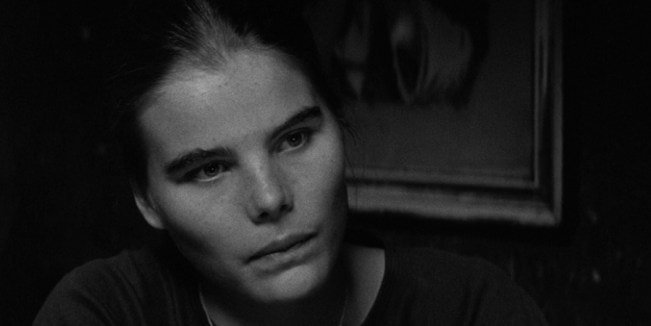
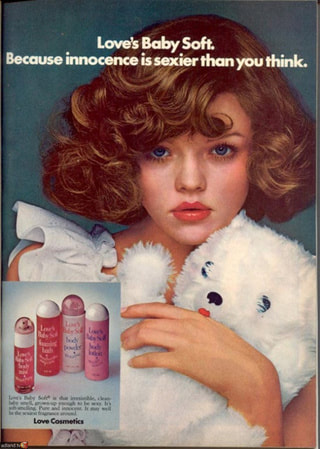
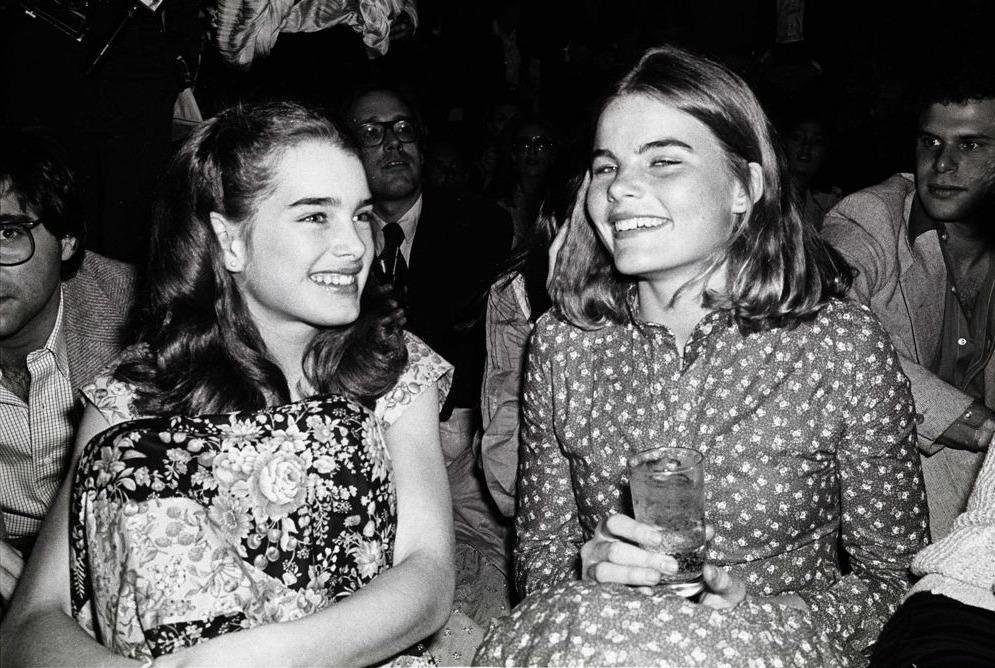
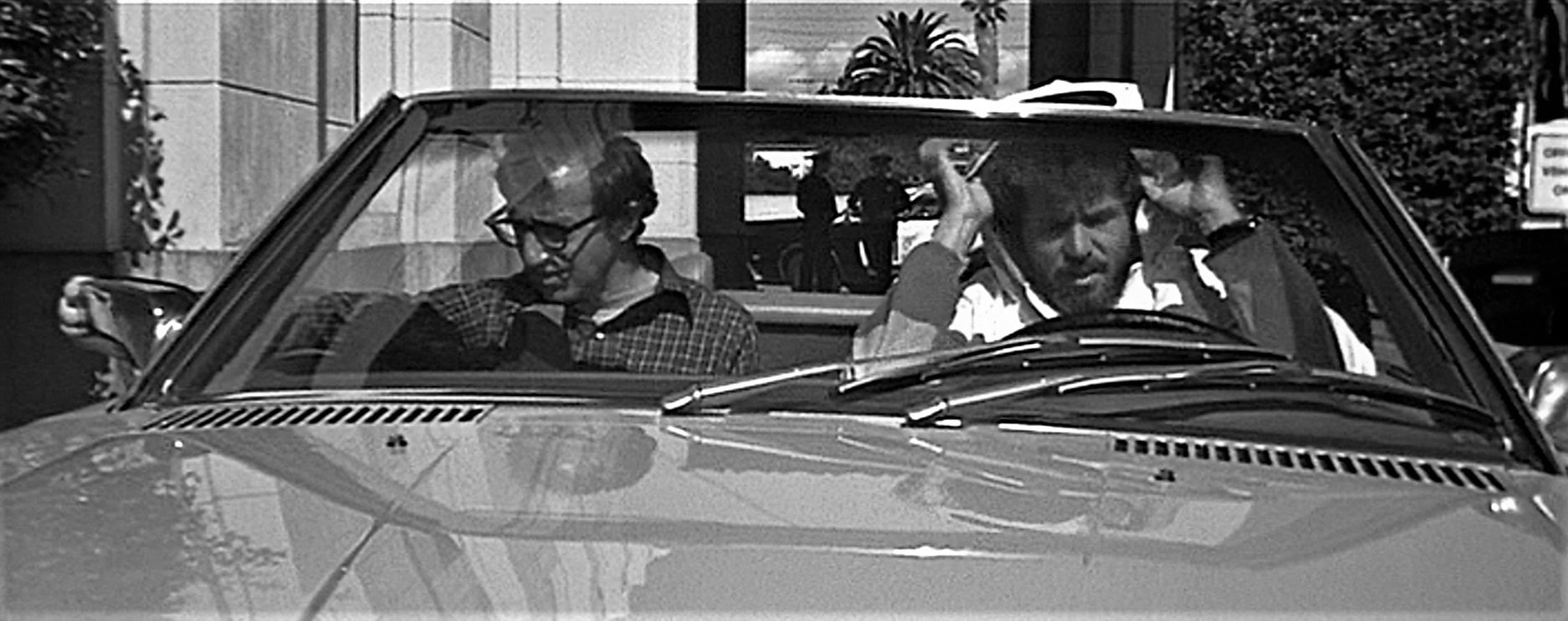
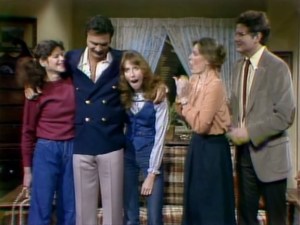
 RSS Feed
RSS Feed